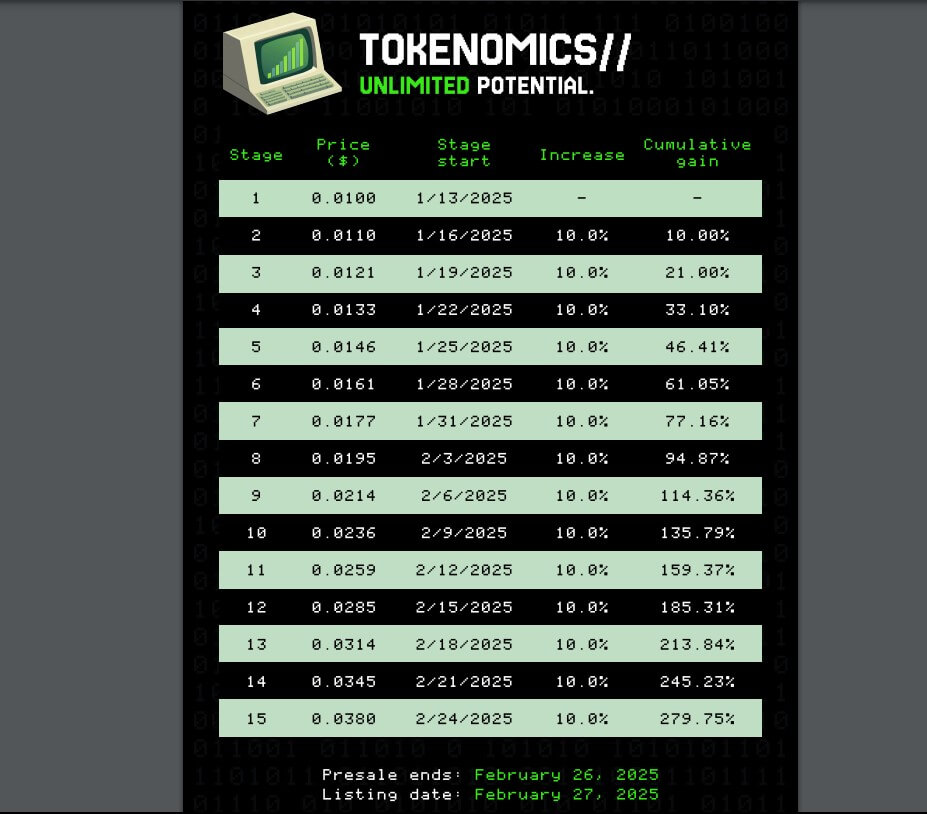- PostFinance AG launches Ethereum staking, expanding its crypto service offerings.
- The move aligns with rising global crypto adoption and Switzerland’s crypto-friendly stance.
- The US political shift under Trump is expected to boost crypto market stability and growth.
In a pioneering move that underscores the growing integration of cryptocurrencies into traditional banking, Switzerland’s state-owned PostFinance AG has launched Ethereum staking services.
This move comes at a time when the global financial landscape is witnessing a significant embrace of digital assets, particularly with expectations of a transformative year for cryptocurrencies in 2025.
PostFinance AG’s forays into crypto
PostFinance AG, already known for its progressive steps in the crypto sector, has taken its commitment a step further by allowing its clients to stake Ethereum, thereby participating in the validation of transactions on the Ethereum blockchain and earning additional tokens.
The Ethereum staking initiative reflects the bank’s strategy to expand its cryptocurrency services, building on its introduction of crypto trading and custody services in the previous year.
By offering staking, PostFinance is not only catering to the growing demand from investors looking for passive income through digital assets but is also setting a precedent for how traditional banking can coexist with the decentralized ethos of blockchain technology.
Leveraging the political shift in the US
This move by PostFinance is particularly timely. With the recent political shifts in the United States, where President-elect Donald Trump is set to begin his second nonconsecutive term, there’s a palpable optimism around regulatory changes that could further legitimize and stabilize the crypto market.
Trump, heralded as the first truly pro-crypto president, is expected to influence a more favourable environment for digital currencies, both domestically and internationally.
Moreover, the enthusiasm for cryptocurrencies within Switzerland itself seems to be on an upward trajectory. This is evidenced by recent proposals suggesting that the Swiss National Bank should consider purchasing and holding Bitcoin as part of its strategic reserves.
Such a policy, if implemented, would mark another significant milestone in the acceptance of cryptocurrencies by state institutions, potentially catalyzing further adoption across Europe.
The introduction of staking by PostFinance AG is also a clear indicator of the bank’s vision for the future of finance. By integrating blockchain technology into its operations, PostFinance is not only providing its customers with new investment opportunities but is also preparing for a future where digital assets might play a more central role in the global economy.
The bank’s announcement also hinted at plans to introduce staking for other tokens soon, suggesting a broader strategy to solidify its position in the crypto space.
The post Switzerland’s PostFinance AG bank introduces Ethereum staking appeared first on CoinJournal.

